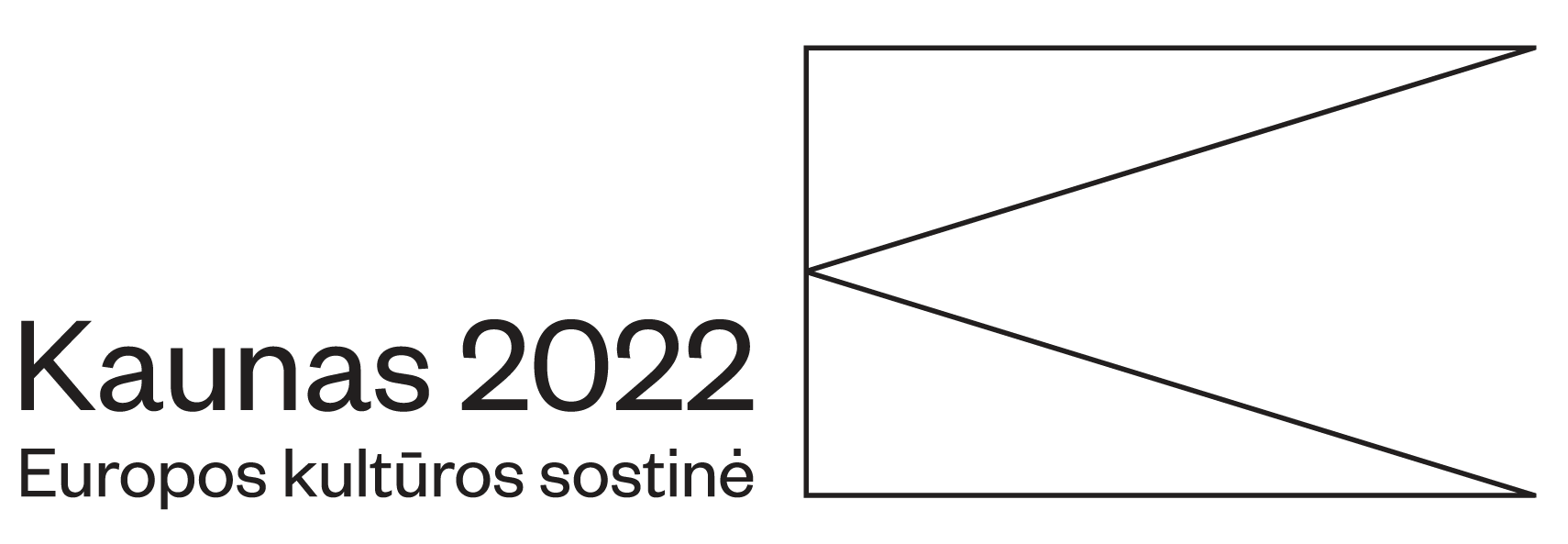Don’t you think that oblivion,
Has really washed away what was forgotten?
It happens sometimes that the image comes to life again from the ashes.
And again he – a living, vivid reality.
And as if will stay in the frame of every day to come.
Hirsch Osherovich, 1968
The pandemic that marked the beginning of 2020 has become a time of global upheavals: our future plans have collapsed in an instant, and anxiety, uncertainty, and instability have become the daily attendants of many. Our life has become interrupted. The City Telling Festival organised by “Kaunas – European Capital of Culture 2022” returning to Kaunas on 8–11 October, will invite the townspeople to reflect once more through sounds, images, and stories how this experience has affected our daily habits and relationships. To live in communion with those who were born and lived in Kaunas, but the ruthless blows of history changed their destinies, erased traces of their lives.
“When we reflect on the unexpected experiences of this year, we realise that, in terms of history, they are not unique or exceptional. Wars, exiles, occupations, and persecutions – these are the many drastically interrupted destinies of our parents, grandparents, and Kaunas residents. Remembering them, perhaps with greater empathy we will listen to the stories and experiences of the generations before us”, says Daiva Citvarienė, the Festival organiser and curator of the Kaunas 2022 programme “Memory Office”.
According to the organiser, the festival will re-invite you to go out to the city and see the backstage of your city and little towns with new eyes, listen to their stories. The programme of this year’s festival – tours, exhibitions, theatrical narratives, artistic meetings, and conversations will allow you to make the city, its streets, and walls speak and will bring up the stories that have been forgotten.
Artistic interventions in public spaces of the city become one of the highlights of the festival this year. Street artworks, sound, and light installations will bring the veil of oblivion down. And it is no accident because the streets, buildings, and walls of the city are silent witnesses of the past: we will remember Israel’s most beloved poet Leah Goldberg, French philosopher Emmanuel Levin, Kaunas teacher and inventor, ghetto photographer George Kadish (Hirsch Kadushin), actors of interwar, war and postwar stories, partisans and dissidents, heroes of past times and witnesses of everyday life.
The festival will not forget children, fairy tales, and other incredible stories, and one of the most unexpected projects of the festival will give the opportunity to imagine their fate in other historical circumstances. Project “Mirror of Permafrost. Exile Story Generator” is an artificial intelligence installation in which the visitor will receive a specially generated story of his own exile. It is like a mirror, which, like a room of curved mirrors, will present to the viewer its reflection distorted by cold, suffering, and interrupted lives.
The townspeople’s favourite stories for lunch – festival tours at noon – – will again spread throughout the city and district this year from the center and Žaliakalnis to Aleksotas. Kačerginė and Linksmakalnis will tell their slightly forgotten stories. And another important part of the festival is the new texts of contemporary literature – prose and poetry – born to writers while interpreting the extraordinary lives of Kaunas residents during the war and post-war years in Kaunas.
The City Telling Festival will last 4 days, more than 30 events are scheduled, and more than 20 partners are involved in the festival programme. The full programme of the festival will soon be published by the organisers on the festival website www.istorijufestivalis.eu, it will also be available in Kaunas daily newspaper Kauno diena, Kaunas cultural organisations, and cafes.
The Story Telling Festival is one of the grand events of “Kaunas 2022”, which aims to remember the multi-ethnic past of Kaunas and Kaunas district, to promote pride in the place where we live, to strengthen dialogue openness and empathy.
In 2022, Kaunas and Kaunas district will become the European Capital of Culture. The project implements an 8-directions programme, an important part of which is the development of cultural partnerships with 64 cultural organisations. “Kaunas 2022” is a movement from the temporary capital towards contemporary by implementing projects that promote change in the Kaunas culture sector.

